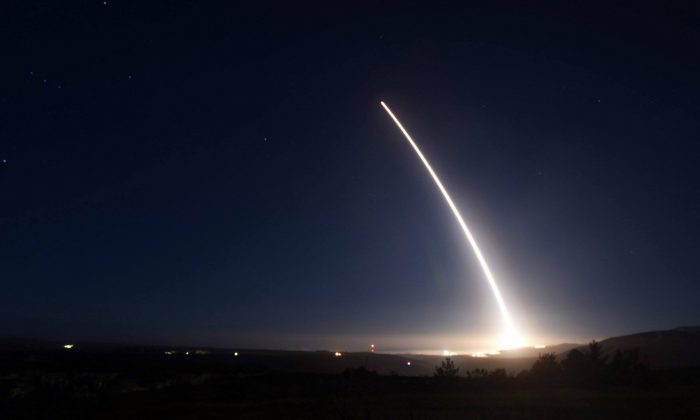Senators are questioning whether the proposed $20 billion for nuclear weapons programs, part of a $75 billion annual modernization plan, is adequate, excessive, or too focused on Cold War-era strategies as strategic policy discussions loom. During a recent hearing, concerns were raised about the allocation of funds within the Department of Energy (DOE) and Department of Defense (DOD) budget requests, with some arguing for a greater emphasis on non-proliferation efforts and nuclear waste cleanup. The debate over the nation’s nuclear arsenal modernization and strategic policy is ongoing, with differing views on the best approach to ensure national security.
Time has been dedicated to collaborations in NATO and Asia, as well as with global partners, fostering a high level of cooperation. The current nuclear landscape shows a notable increase in intelligence compared to previous times.
The Secretary of the Department of Energy, Jennifer Granholm, defended the administration’s strategic budget allocations, highlighting a 22 percent rise in weapons development since taking office.
Granholm pointed out the escalating cooperation among countries like Russia, China, Iran, and North Korea, resulting in a more dynamic and unpredictable international setting with heightened aggression towards allies and cyber threats.
The proposed strategy aims to empower the National Nuclear Security Administration (NNSA) to effectively respond and adapt to evolving threats, as stated by Ms. Granholm.
The upcoming congressional discussions are expected to scrutinize this plan, with the House Appropriations Committee likely to propose substantial increases in nuclear weapons funding and implementation of recommendations from the commission’s upcoming report.
Ms. Hruby acknowledged the impending debate and emphasized the importance of making informed decisions post deliberations.





